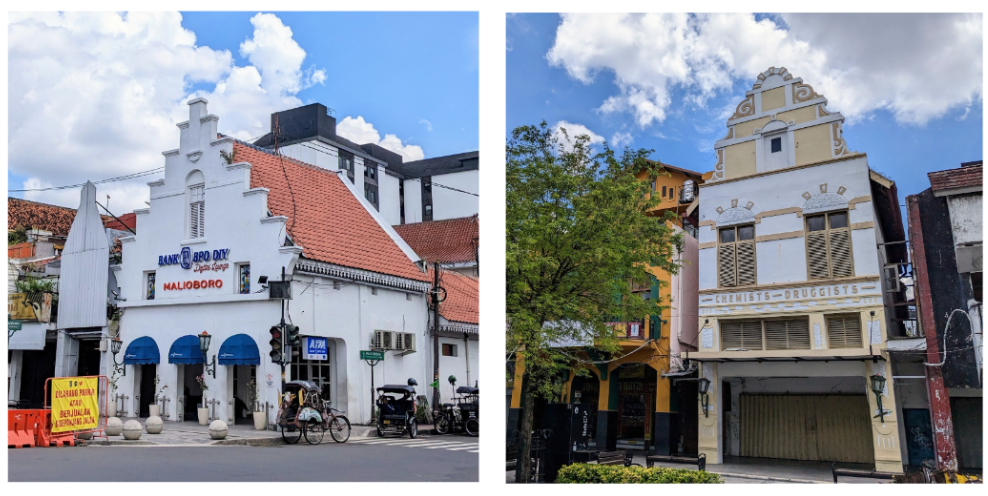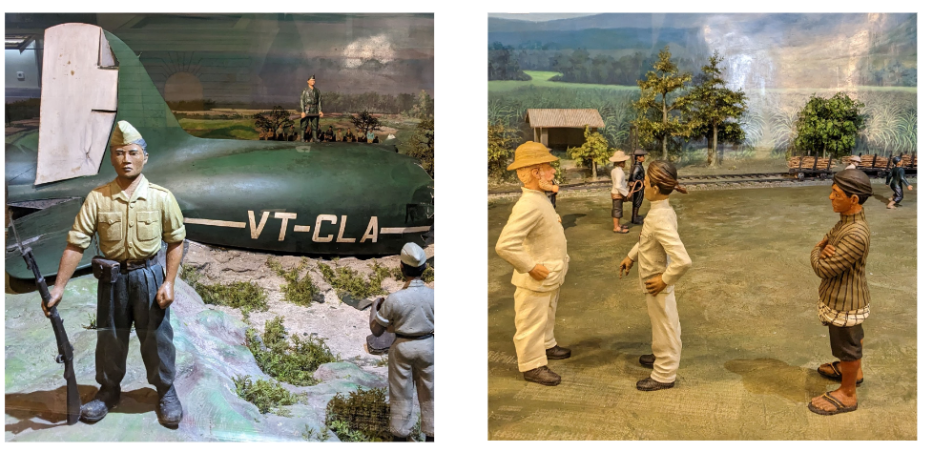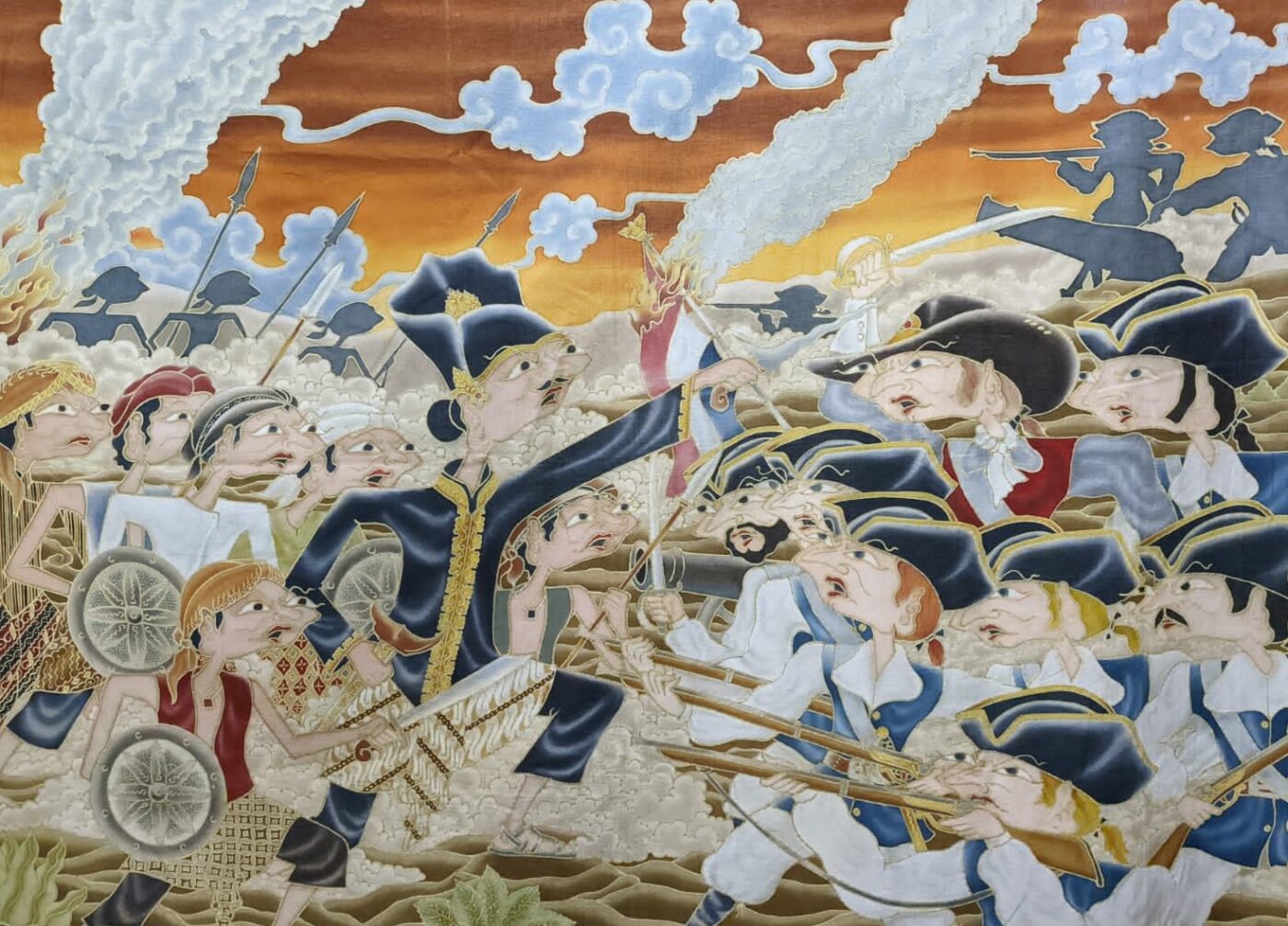This article is an opinion piece and its contents represent the standpoint of its author, not UPF Lund or The Perspective’s editorial board.
Take a map of the world and paint each country that has been colonised or coercively controlled by European powers in the last five hundred years red. The result is a blood-stained map of the world, with all but a handful of countries coloured in. For centuries, vast swathes of Europe were complicit in disregarding and violating the humanity of hundreds of millions of people around the world through colonisation. By 1914, 84.4% of the world’s habitable land area was under European control. Britain, France, Spain, Portugal, the Netherlands, Belgium, Germany, Italy, Denmark and Sweden, among others, inflicted unthinkable human suffering and socioeconomic wounds that fester to this day. And yet, Europeans don’t really learn about this. We certainly don’t talk about it. We rarely think of it. I want to unpack how this is the case and why change is needed, focusing on the United Kingdom and the Netherlands—two countries I have lived in and have some familiarity with.
Two months ago, I started an exchange semester in Yogyakarta, a city on the island of Java in Indonesia. Moving to a country that weathered hundreds of years of colonisation, having only lived in coloniser countries before, is a jarring experience. Remnants of colonial history are strewn all over: bitterballen many thousands of kilometres from their dubious culinary birthplace; imposing Dutch colonial architecture; and busloads of wealthy Dutch tourists stopping by to take pictures and complain about the dust before speeding off to their next destination. Reciprocal if uneven marks exist in the Netherlands. While living in Amsterdam, I worked at Hotel Jakarta, serving Indonesian food in a neighbourhood called Java-eiland. Despite these entangled histories and exchanges, the way the two countries approach their colonial pasts could not be more different.


It starts with education. Dutch students I have spoken to here and in the Netherlands received very little formal education about Dutch colonialism, with any mention of it in school as a sanitised side-effect of the good and glorious Dutch Golden Age. Having grown up in the United Kingdom, this is a familiar story. I spent months learning about British monarchs and the defeat of the Spanish Armada, but not once was colonialism or the British Empire mentioned, even in passing. Britain’s colonial history is not part of the compulsory curriculum for British school students and is, in practice, very rarely taught. Ignorance is a breeding ground for warped perceptions. The ‘imperialist nostalgia’ and ‘imperialist amnesia’ exhibited by many former European colonial powers are evidence of this, a potent blend of ignorance and wilful misremembering.
Any cursory look at Dutch or British colonial history quickly undermines the argument that the apparent advantages of infrastructure and institutions installed by colonial powers outweigh the atrocities that accompanied them—an argument that rears its ugly head often in the U.K. The Atlantic slave trade, the Bandanese massacre, the Irish Potato Famine, the Aceh War, the Bengal famine, the Partition of India, the Mau Mau uprising—I could go on. Hundreds of millions of people were killed brutally and needlessly to satisfy the insatiable greed of colonial powers funnelling out profits. Britain drained an estimated $45 trillion from India. The Netherlands and the U.K. continue to hoard looted art and culturally-significant artefacts, which the British Museum euphemistically calls ‘contested objects’.


A 2019 poll by YouGov found that 32% of British and 50% of Dutch respondents were proud of their former empire, while 37% of respondents from both countries were indifferent towards it. This was despite only a minority (33% and 27%) believing that colonialism was a net positive for the countries colonised. Over a quarter of British and Dutch people polled wished their countries still had empires. These attitudes are clearly linked to the lethargic, lacklustre efforts of these countries in grappling with their colonial pasts. It took over seven decades for a Dutch prime minister to apologise for the horrific and systematic violence condoned and concealed by the Dutch state during the Indonesian War of Independence. It was even more recently that an apology for the country’s involvement in the slave trade surfaced. The United Kingdom is perhaps even less forthcoming with words let alone actions—the Windrush scandal being one among many demonstrations of this.
Returning to Indonesia, the contrast in the handling of colonial memory could not be starker. Even in the relatively small city I am staying in, there are multiple museum exhibitions dedicated to colonial history, frequented by students of all ages. The collective recollection of colonialism is held and preserved far more carefully. In history lessons and artwork, in museums and monuments, in stories passed down through families, in university education—colonial history is not swept under the rug, but given the opportunity to take front and centre stage. Studying international relations in Sweden, I am used to postcolonial perspectives being a rushed afterthought, a quick segment at the end of a semester, if they are brought up at all. Studying international relations at an Indonesian university, colonialism and its legacies are frequently woven into lectures, discussions and assigned literature. The knowledge and awareness of students is consequently far higher. They examine power relations far more critically and comb through reports by international organisations, questioning assumptions and motives far more extensively. Indonesian students learn, think and talk about colonialism, at length and in detail. They discuss it seriously and joke about it, and it comes up naturally in conversations about world politics and world history. As it should.


Reflecting on European colonial remembering and misremembering, there are insights to be carried forward. Colonial history should be on the curriculum. Efforts to decolonise curricula are equally important. Listening to more diverse voices gives us a stronger foundation on which to build our understanding of the world. We should take inspiration from the frankness of discussion in formerly colonised countries such as Indonesia. Learning about colonialism is the antidote to imperialist nostalgia and amnesia. It is learning about histories of exclusion and resistance, the racial and civilisational hierarchies established under European colonial rule and perpetuated by its benefactors to this day. While heightened historical awareness will not redress the wrongs of the past, it is a crucial first step in coming to terms with them, and may curb our propensity to glorify or excuse them. Europe has long been avoiding the corpses in its closet. It is time for that to change.
By Ffion McEvoy








